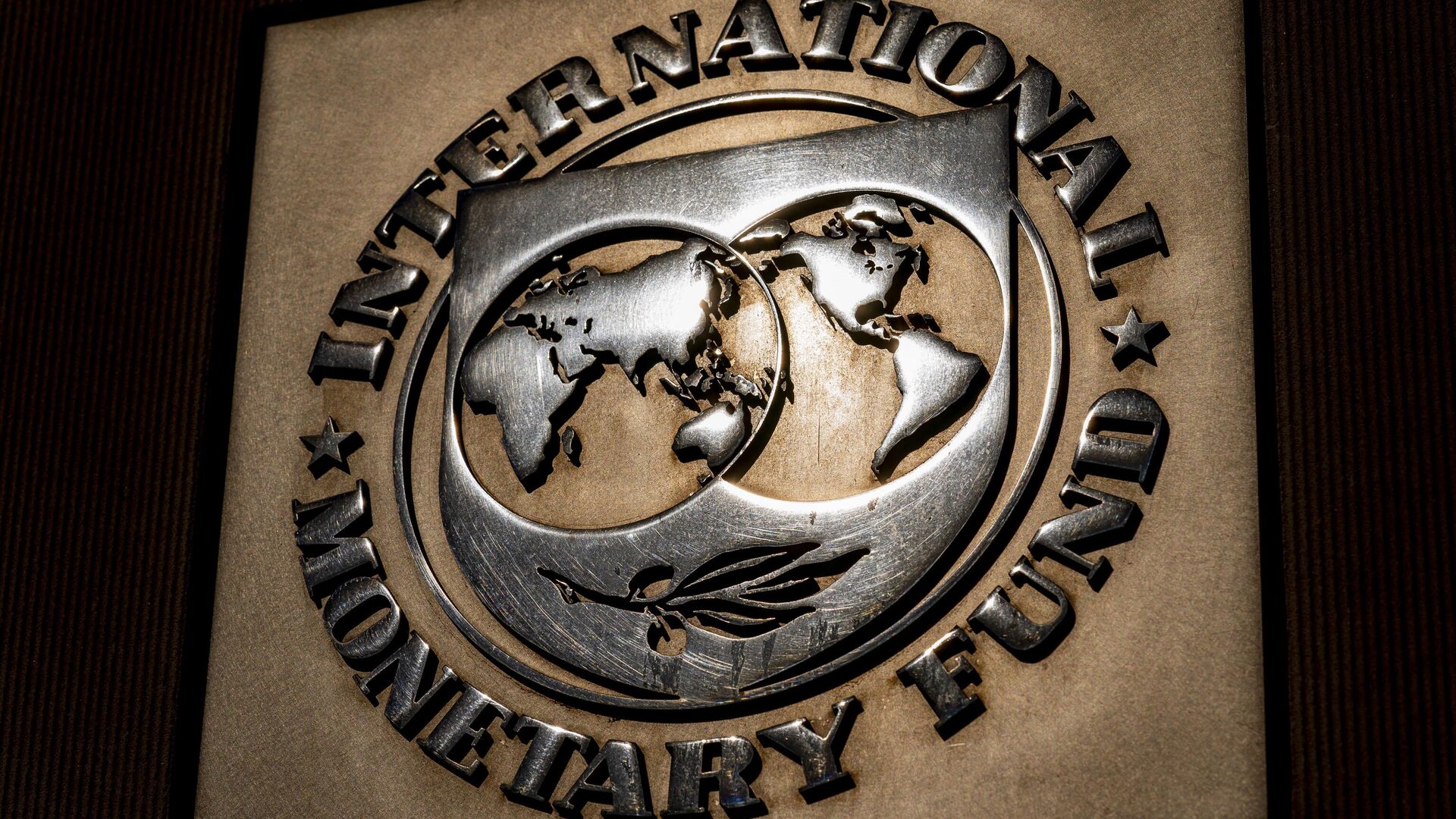https://sputnikglobe.com/20240712/global-public-debt-exceeds-100trln-in-2023-1119350691.html
Global Public Debt Exceeds $100Trln in 2023
Global Public Debt Exceeds $100Trln in 2023
Sputnik International
Global consolidated public debt exceeded $100 trillion in 2023 and is growing faster than the world economy, according to Sputnik's calculations based on data from the World Bank and the International Monetary Fund.
2024-07-12T07:58+0000
2024-07-12T07:58+0000
2024-07-12T07:58+0000
economy
china
japan
united kingdom (uk)
world bank
international monetary fund
https://cdn1.img.sputnikglobe.com/img/07e7/01/0e/1106315999_0:160:3073:1888_1920x0_80_0_0_4250777915e9cf4b63943ba2500f3cf5.jpg
The calculations include data from 178 economies that published GDP reports as of mid-2023. The consolidated public debt figure includes the debt of the central government, regions and municipalities. Global public debt increased by 5.8% in 2023 and reached $101 trillion, while global GDP grew at a slower pace of 4.2% in nominal terms and stood at $105.4 trillion. Global public debt reached 95.8% of global GDP against 94.5% year-on-year. The largest national debt, reaching $37.5 trillion, was recorded in the United States and accounted for 35.6% of the global economy. China came in second with $14.9 trillion, or 14.1% of global GDP. The two countries’ national debt increased last year by 6% and 8%, respectively. Japan took third place with its national debt decreasing by 3% to $10.6 trillion in 2023. At the same time, the share of Japanese debt to global GDP decreased to 10.1% from 10.8% year-on-year. The United Kingdom, France, Italy, India, Germany, Canada, Brazil and Spain were among the countries whose public debt exceeded 1% of the global economy last year. Russia ranked 28th in terms of public debt, as it decreased by 12% in 2023 to $321.3 billion and accounted for 0.3% of the global economy.
https://sputnikglobe.com/20240403/russias-gdp-growth-accelerates-to-77-in-february---economic-development-ministry-1117723751.html
china
japan
united kingdom (uk)
Sputnik International
feedback@sputniknews.com
+74956456601
MIA „Rossiya Segodnya“
2024
Sputnik International
feedback@sputniknews.com
+74956456601
MIA „Rossiya Segodnya“
News
en_EN
Sputnik International
feedback@sputniknews.com
+74956456601
MIA „Rossiya Segodnya“
Sputnik International
feedback@sputniknews.com
+74956456601
MIA „Rossiya Segodnya“
global consolidated public debt, world bank, international monetary fund
global consolidated public debt, world bank, international monetary fund
Global Public Debt Exceeds $100Trln in 2023
MOSCOW (Sputnik) - Global consolidated public debt exceeded $100 trillion in 2023 and is growing faster than the world economy, according to Sputnik's calculations based on data from the World Bank and the International Monetary Fund.
The calculations include data from 178 economies that published GDP reports as of mid-2023. The consolidated public debt figure includes the debt of the central government, regions and municipalities.
Global public debt increased by 5.8% in 2023 and reached $101 trillion, while global GDP grew at a slower pace of 4.2% in nominal terms and stood at $105.4 trillion. Global public debt reached 95.8% of global GDP against 94.5% year-on-year.
The largest national debt, reaching $37.5 trillion, was recorded in the United States and accounted for 35.6% of the global economy. China came in second with $14.9 trillion, or 14.1% of global GDP. The two countries’
national debt increased last year by 6% and 8%, respectively.
Japan took third place with its national debt decreasing by 3% to $10.6 trillion in 2023. At the same time, the share of Japanese debt to global GDP decreased to 10.1% from 10.8% year-on-year.
The United Kingdom, France, Italy, India, Germany, Canada, Brazil and Spain were among the countries whose public debt exceeded 1% of the global economy last year. Russia ranked 28th in terms of public debt, as it decreased by 12% in 2023 to $321.3 billion and accounted for 0.3% of the global economy.



